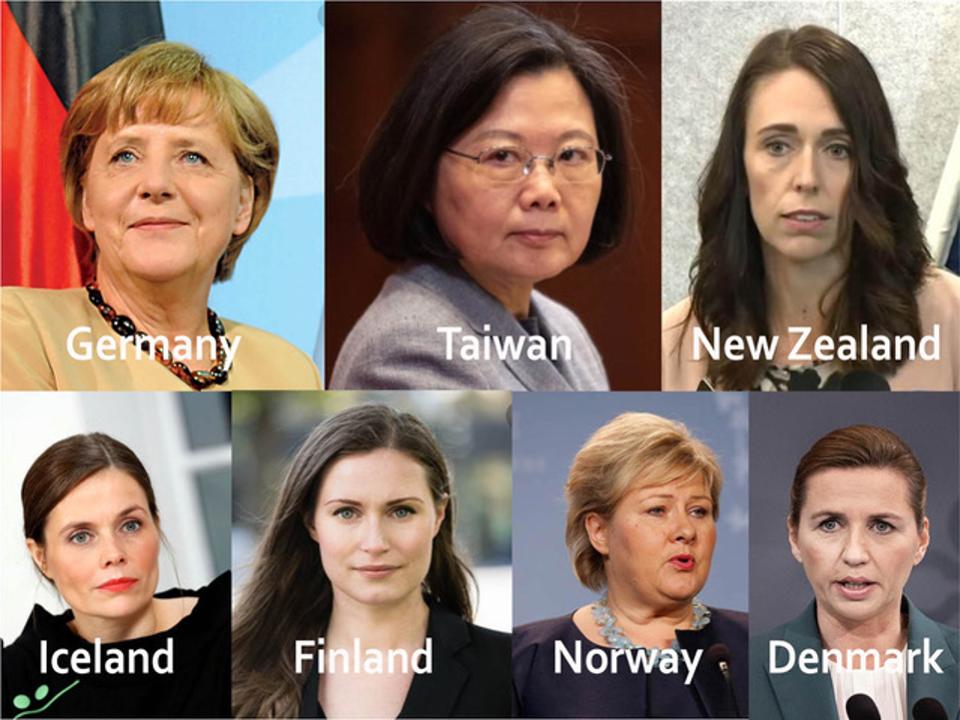FEMALE ROLES IN POLICY MAKING
Policies are deliberate systems enacted by those in positions of authority to define the rules, standards, regulations, and procedures that affect almost every aspect of human life such as education, health, agriculture, migration, aviation, finance, defence, environment, trade, justice, transportation, science and technology.

Valentina Tereshkova quotes, a bird cannot fly with one wing only. Human space flight cannot develop any further without the active participation of women. Yet, for several decades, the society encouraged male dominance and totally excluded women from occupying positions that influence key decision making processes. Forgetting that making policies without the contribution of women may not adequately reflect the needs and preferences of women, youths, and children.
Ngozi Okonjo-Iweala is a Nigerian-born economist and international development expert who during her tenor as the Minister of Finance for Nigeria, helped the country’s economy grow an average of 6% (per annum) over three years. She is credited with developing reform programs that helped improve governmental transparency and stabilizing the economy. Another example is Angela Merkel, who transformed German politics since being voted into office in 2005. Her numerous achievements at home and abroad have seen her top Forbes’ most powerful women list eight times.
A Member of Parliament in Rwanda, Thacienne Dusabeyezu once said, “The more women in the parliament, the better it is for children”. This is because women are generally more attached to children than men and they understand the needs of children. Hence, are more likely to enact child-friendly policies.
The role of women in policy making and implementation is essential in every society to help advance gender equality. Most women elected to be in the parliament will place women concerns and rights at the forefront of their agendas, suggesting policies that would promote women and speaking against policies that abuse women rights and deter their development.
Senator Kirsten Gillibrand of New York said that to fix the gridlock in Congress, more women should be involved. This is because women are more focused on finding common ground and collaborating. Women are characterized by tenderness, love, care, creativity, innovation, reliability, and if more women are key decision makers, perhaps organizations could respond effectively to challenges before the challenges are escalated to bigger problems.
It is inappropriate to ignore the intellectual capital resource of over half the population of the world. To address global injustice and advocate for compassionate policies, both men and women must recognize the value of a balance in government. Women should not simply emulate the male role model, but should bring their own principles to every negotiating table.
Speak Wednesday is an initiative of Centre for Family Health Initiative to stop the cycle of domestic violence by breaking the silence around gender based violence and gender bias. Join us every Wednesday on all our social media handles for more episodes.


